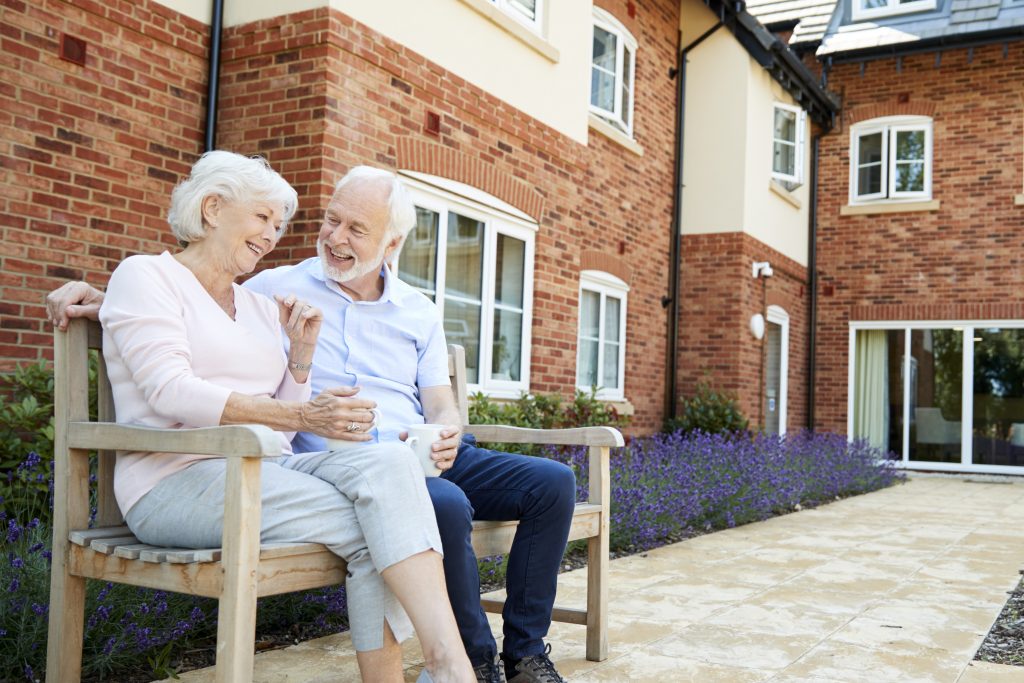As we grow older, it’s natural to want to feel safe and secure in our homes. Our homes are our sanctuaries, the places where we should feel most comfortable and protected. However, as seniors, we can sometimes be more vulnerable to accidents or intruders. That’s why it’s essential to take steps to ensure our homes are as safe and secure as possible. In this article, we’ll share some practical home security tips tailored specifically for seniors.
1. Evaluate Your Home’s Security
Start by taking a good look at your home’s current security measures. Check the locks on your doors and windows to make sure they’re sturdy and in good working condition. Consider installing deadbolt locks if you haven’t already, as they provide an extra layer of security.
2. Install a Home Security System
Investing in a home security system can provide you with peace of mind knowing that your home is protected 24/7. Many modern security systems come with features like motion detectors, cameras, and alarms. Some systems can even alert you and emergency services in case of a break-in or other emergencies.
3. Outdoor Lighting
Good outdoor lighting can deter potential intruders and make your home less of a target. Install motion-activated lights around the perimeter of your home, especially near entryways and dark corners. This will not only enhance your home’s security but also provide better visibility at night, reducing the risk of trips and falls.
4. Secure Sliding Doors and Windows
Sliding doors and windows can be vulnerable points of entry for intruders. Make sure they have sturdy locks and consider using security bars or dowels to prevent them from being forced open. You can also install glass-break sensors on windows to detect any attempts at breaking in.
5. Keep Valuables Out of Sight
Avoid keeping valuable items like jewelry, cash, or important documents in plain sight from windows or doors. Consider investing in a safe to store these items securely. If a burglar can’t see valuables, they’re less likely to target your home.
6. Stay Connected with Neighbors
Building a good relationship with your neighbors can be a valuable part of your home security strategy. Neighbors can keep an eye on your home when you’re away, collect mail or packages, and alert you to any suspicious activity. Joining a neighborhood watch group can also be beneficial.
7. Regular Maintenance
Regular maintenance of your home’s security features is crucial. Check your security system, locks, and outdoor lighting regularly to ensure they’re functioning correctly. Replace batteries in smoke detectors and carbon monoxide alarms as needed.
8. Emergency Plan
Prepare an emergency plan with your loved ones, outlining what to do in case of a fire, medical emergency, or other unforeseen situations. Keep important phone numbers, including those of emergency services, family members, and neighbors, easily accessible.
9. Avoid Door-to-Door Scams
Be cautious when answering the door to strangers, especially those who claim to be utility workers, contractors, or salespeople. Always ask for identification and verify their credentials before letting them inside. If in doubt, don’t hesitate to contact their company or the authorities.
10. Consider Home Modifications
As we age, our mobility may decrease, making it challenging to navigate our homes safely. Consider making some home modifications to reduce fall risks, such as installing grab bars in bathrooms, using non-slip mats, and removing clutter from walkways.
Conclusion
Ensuring your home is safe and secure doesn’t have to be complicated or costly. By implementing these home security tips tailored for seniors, you can create a safer living environment that allows you to age in place comfortably and confidently. Remember, a secure home is a happy home! Stay safe, stay secure, and enjoy your golden years with peace of mind.


